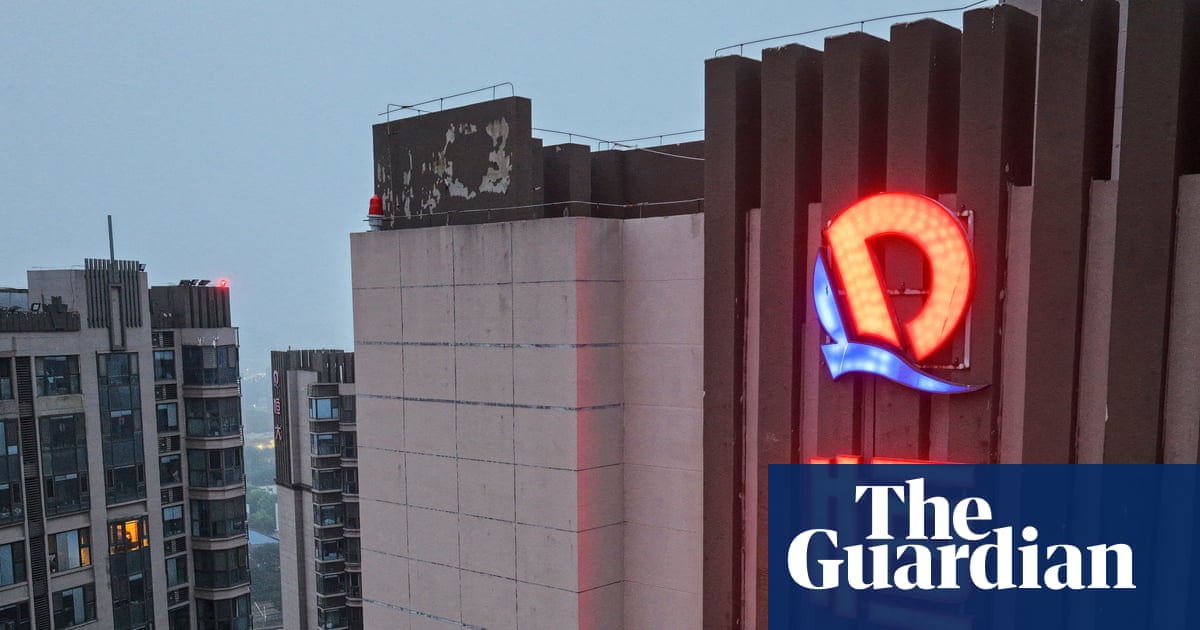Evergrande, formerly one of China’s biggest property developers, has been delisted from the Hong Kong stock exchange, capping the end of a long fall from grace.
The company was removed from the exchange on Monday after an 18-month freeze on trading, imposed when the developer – once valued at more than HK$400bn (US$50bn) – was put into liquidation.
Liquidators had told investors earlier in August the listing was set to be cancelled and they would not seek a review, after the stock exchange warned the company it had passed the July deadline to resume trading.
The company could no longer be viewed on the exchange’s website on Monday.
It had been valued at a little over HK$2bn (US$260m), with 13bn issued shares worth just HK$0.16 (US$0.02) since trading froze in January 2024.
Evergrande had lost more than 99% of its market value from its peak in 2017 as China’s real estate sector struggled to shake off a slowdown across the country.
A pandemic-induced government spending boom powered a brief resurgence in 2020 that slowed in 2021 as government officials tightened lending controls. Evergrande, by then China’s second-biggest property developer, was unable to repay its $300bn in debts and defaulted.
A Hong Kong court issued a winding-up order for Evergrande in January 2024, ruling that the company had failed to come up with a suitable debt repayment plan.
Liquidators have made moves to recover creditors’ investments, including filing a lawsuit against PwC and its mainland Chinese arm for their role in auditing the debt-ridden developer.
Another major developer, China South City, was put into liquidation earlier in August and had share trading frozen at a capitalisation of HK$1.22bn (US$156m), just a tenth of its December 2020 market value of HK$13bn.
National property sales and price growth slowed before values began to fall in September 2021, which left sales “at a standstill”, Evergrande said in its 2022 annual report.
The downturn has since deepened and has yet to reach its bottom, with prices nearly a fifth lower across China in March, according to Bank for International Settlements data.
When Evergrande collapsed and froze trading in 2024, the group and its subsidiaries had about 1,300 projects under development in more than 280 cities, according to the liquidators’ August report.
It also invested in electric vehicle production and served 3,000 projects through its property management business.
In March 2024 it was ordered to pay a US$580m fine after Beijing’s securities regulator said it had inflated its revenues by almost US$80bn in 2019 and 2020.
The Chinese government has struggled to revive the falling property market, with the downturn not only slamming developers but dragging down steel prices and household spending.
